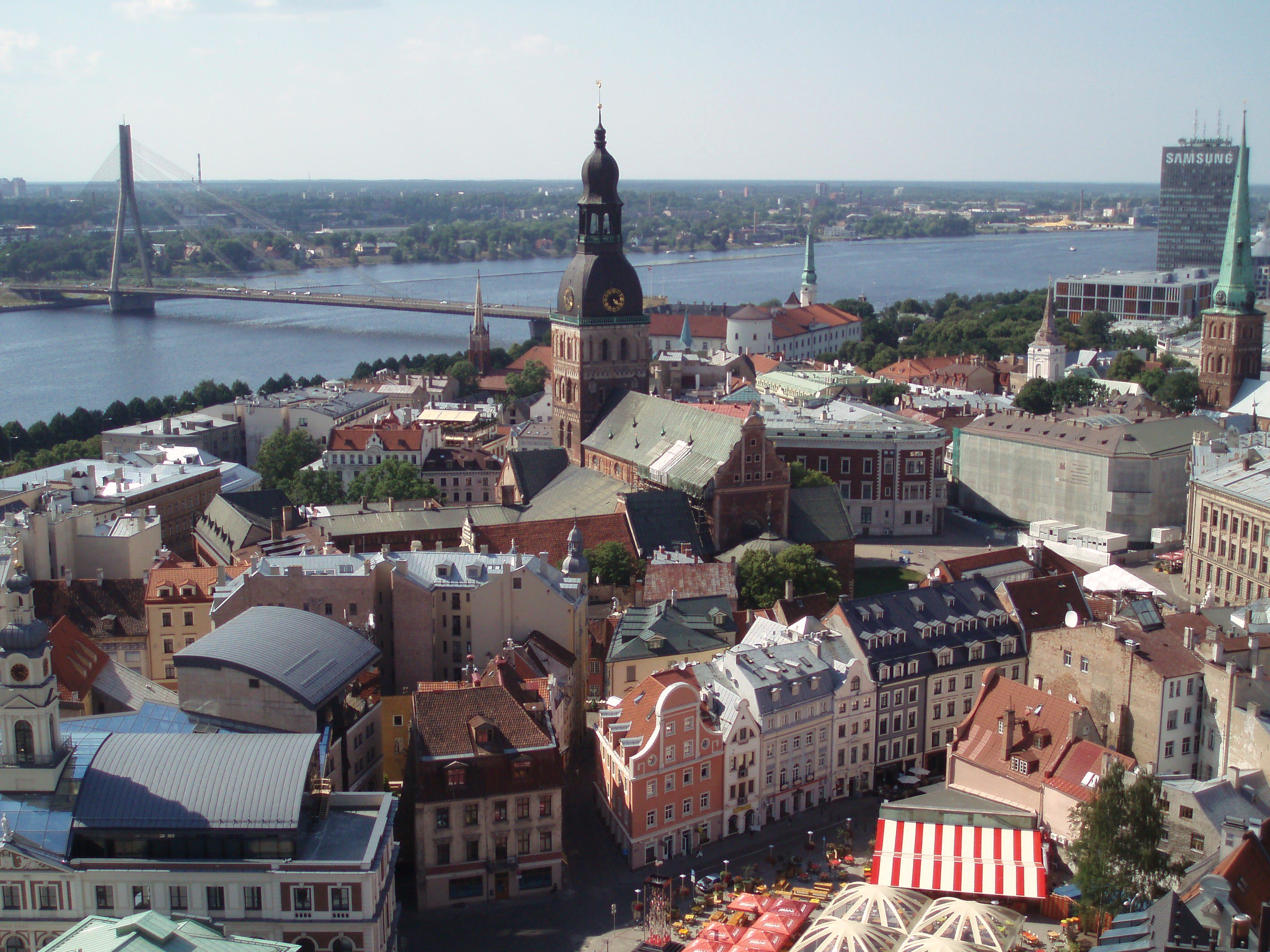Amnesty: ‘Latvia must protect EuroPride participants’
By Ben Kelly

As EuroPride 2015 gets underway in the Latvian capital Riga this week, Amnesty International have called on the country’s government to make a stronger commitment towards ensuring the safety and protection of all participants.
Held in a different European city every year, EuroPride celebrates the rights of LGBTI people – but this is the first time it has been held in either a Baltic state or post-Soviet state.
The week long festival began on Monday June 15), and will culminate in a pride march through the city on Saturday June 20. There are worries over the main event largely because of hostilities to pride when it has occasionally been staged in Riga in the past. In 2005 a national pride march was met by violence and hostility from more than 1,000 counter-protesters.
While EuroPride organisers say law enforcement authorities have been very cooperative, the Latvian government has been accused of failing to welcome the event, which comes just as the country finishes its six month turn at the European Union presidency. When asked about it last December, the Latvian President Andris Berzins stated that “homosexuality should not be advertised and imposed”.
Lucy Freeman, Director of Amnesty International’s Gender, Sexual and Identity Programme, has spoken out today, accusing Latvian authorities of turning their back on the event.
“It is disturbing to see the Latvian government’s evident discomfort at hosting EuroPride,” she said in a statement. “Instead of welcoming an event meant to champion openness and tolerance, Latvia’s leaders seem to be turning their backs on it.
“As the country holding the presidency of the European Union, Latvia should be leading by example in the fight against homophobic discrimination.”
Well known Latvian human rights activist, and board member of EuroPride Kaspars Zalitis (below), also commented. “The sad fact is the majority of Latvian society is against EuroPride and advancing LGBTI rights remains a struggle: same-sex couples are invisible for the government, homophobic hate crimes are not recognised and high-level politicians employ vicious homophobic rhetoric.”
Attitude visited Riga in April ahead of the event, and found a country slowly growing towards greater tolerance of the LGBT community within everyday life, where homophobia is largely a rhetorical threat. Nevertheless, large demonstrations such as the EuroPride march this Saturday are sure to attract the attentions of those most vehemently opposed to homosexuality, and equal rights for LGBT people. Earlier this month, in another former Soviet country, the world saw how Kyiv Pride was married by homophobic violence. Then too, Amnesty claimed the police did not provide adequate protection.
Amnesty International activists from around the world will join Latvian LGBTI activists at EuroPride. “With homophobic violence a clear and present danger for activists in post-Soviet states, this week’s EuroPride will hopefully send a message that progress is possible and deep-seated discrimination can be uprooted and replaced with tolerance,” said Lucy Freeman.
More stories:
Attitude visits Riga ahead of EuroPride
British embassies told not to fly rainbow flag during Pride


